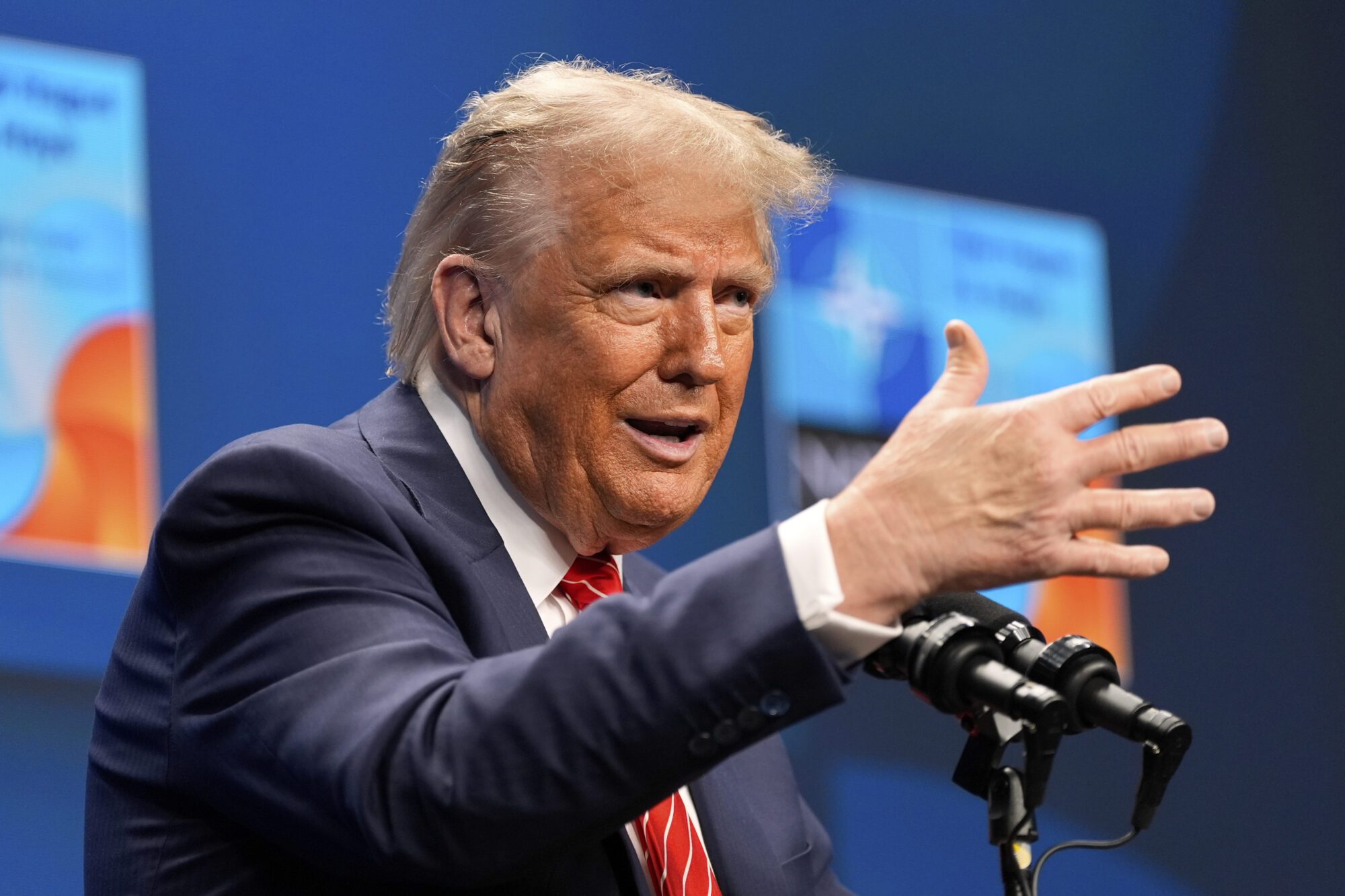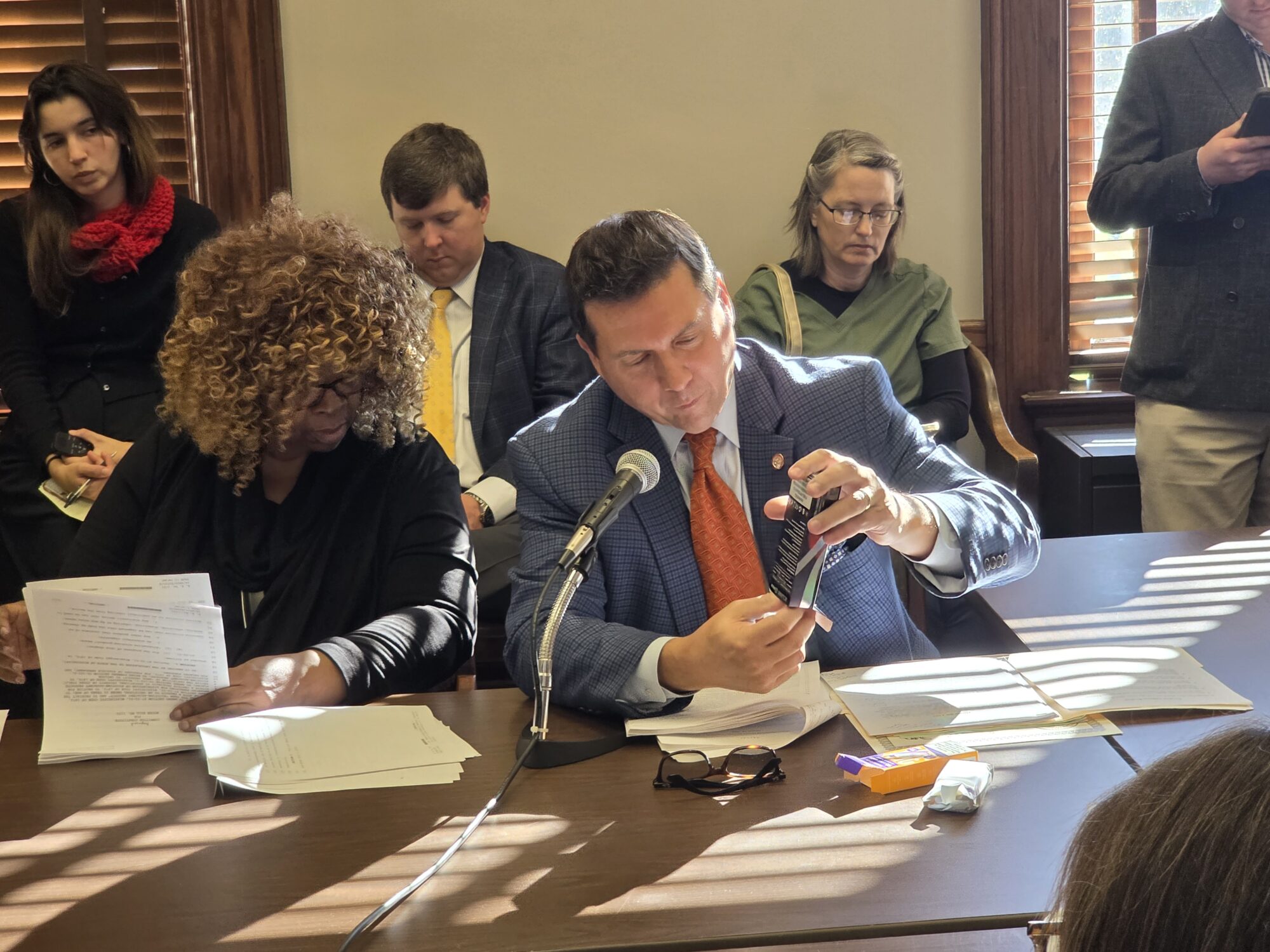Gauging Fallout From Rules Committee’s Decisions
First of all, it seems that even though the committee voted to give the delegates from Michigan and Florida only half a vote each at the convention, they will end up getting full votes.
And secondly, Senator Hillary Rodham Clinton’s folks are still up in arms about the allocation of delegates in Michigan and made the point in force across the Sunday shows. They haven’t decided yet whether to challenge it officially, and it may become a bargaining chip in their endgame.
But both these issues could complicate things for the party down the road.
First, on the delegates getting full voting strength. That is the prerogative of the nominee. Senator Carl Levin of Michigan says that both Senator Barack Obama and Mrs. Clinton have told him that if they were nominated they would give the delegates full voting strength.
“We’re assured we’re going to get a full vote,” Mr. Levin said on CBS’s “Face the Nation.”
He added: “And both candidates have said that they want Michigan’s delegation to have a full vote. She said that yesterday and Senator Obama has said that he can guarantee that the Michigan delegation will be seated and they’ll have a full voice at the convention, when he has enough delegates to know that he’s the nominee.”
This raises some interesting questions — like whether the rules matter.
The Clinton team is outraged that the committee arbitrarily assigned 59 delegates to Mr. Obama, whose name was not on the ballot. And they are even more outraged that among those 59 were four that were “hijacked” from Mrs. Clinton, as Harold Ickes, her top lieutenant, put it. (Based on the popular vote, they say, Mrs. Clinton should have received 73 delegates but the committee gave her 69 instead.)
How could the committee simply take votes from one candidate and give them to someone else? Isn’t that, um, undemocratic?
James Roosevelt, the co-chairman of the rules committee, said on ABC’s “This Week” that the Michigan primary “was not a legal event,” because Michigan (along with Florida) violated the primary calendar.
Translation: if the elections were not legal, then the remedy does not have to be legal either.
To determine voter intent, the committee looked at exit polling and write-in ballots. Exit polling has been notoriously flawed on many notable occasions, but this guided them in their allocation.
People with direct knowledge told us how this unfolded internally within the rules committee in a marathon closed-door session on Friday night.
The Clinton team went into the session with more visible support, with 13 of the 28 committee members having publicly backed Mrs. Clinton and 8 or 9 having backed Mr. Obama. The Clinton plan was for Michigan’s delegates to be allocated according to the popular vote, 55 percent for her and 40 percent for “uncommitted.” She wanted those 40 percent to remain “uncommitted” going to the convention, and not be assigned to Mr. Obama, meaning he would get no delegates.
But over the course of the five-and-a-half-hour session, the Obama team steadily gained support for its own plan of dividing the delegates evenly, and after three straw votes, it won support by one vote (14-13, with one abstention).
That was completely unacceptable to the Clinton side. But the moment starkly illustrated the new reality, that Mr. Obama now controlled the party, both in Michigan and nationally, and the clout of the Clintons had diminished.
In any case, that one-vote margin was too slim a reed to hang such a divisive plan on, so the Obama people backed off. Instead, they pushed the so-called Michigan plan, which assigned the “uncommitted” delegates to Mr. Obama and took away four from Mrs. Clinton.
Mr. Bonior, who is not on the committee, explained it this way: “We decided, in the spirit of unity, the Obama campaign, to go with what the Clinton people — for instance, the governor of Michigan who supported the final outcome — wanted, which was the solution that was reached.”
The final vote, in public on Saturday, was 19-8. In the end, five of Mrs. Clinton’s supporters deserted her.
Some worried that, down the road, this decision could set a terrible precedent for arbitrarily giving and taking votes from one candidate to another.
NYT Blog
6/2/8







